
Can data mined from EHRs match that from the gold standard, randomized clinical trials?

Can data mined from EHRs match that from the gold standard, randomized clinical trials?
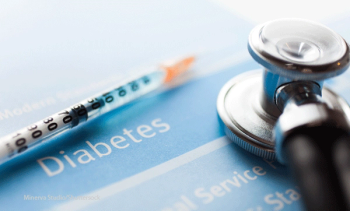
Sun Pharmaceuticals issued a voluntary recall of 1 lot of its metformin hydrochloride for extended-release (ER) oral suspension (Riomet ER), 500 mg per 5 mL.
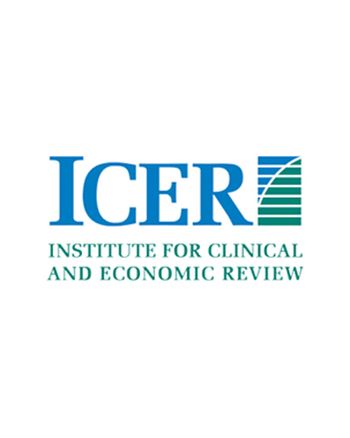
Drug cost-effectiveness group announces that it is branching out into evaluating payer formularies and drug cost-sharing policies.

Negative results for semorinemab have deflated some of the hopes for a tau as a target, although a winning strategy Alzheimer's may involve hitting several targets at once, including tau.

The Alliance of Community Health Plans calls for changes to get more biosimilars approved and on the market.

Texas Oncology Executive Vice President Debra Patt says it will be unrealistically expensive for oncologists to keep many biosimilars for the same innovator product in their inventories.
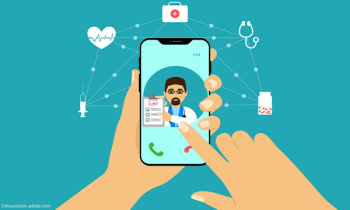
Those who have avoided visiting or put off their annual physical appointments at the doctor's office due to fears of contracting COVID-19 do not have put off those appointments any longer.

The coronavirus pandemic has shed light on major imbalances within the healthcare system, specifically, the supply and demand of allied health professionals, and the urgent need to invest in community-based care that prioritizes vulnerable populations.

After three months of recovery, financial and volume indicators were off in August, according to Kaufman Hall's monthly report.

CMS is putting more weight on patient experience measures in its Medicare Advantage and Part D Star ratings. What health plans can do now to improve their ratings.

COVID-19 is certainly important. But oncologists, people with cancer, and complex ecosystem of cancer care in the U.S. are grappling with other important issues such as reimbursement, distorted incentives, the implications of the massive amount of data that is available, and, of course, high costs and prices. Included are thoughts from five experts on these challenges and how they might be met.
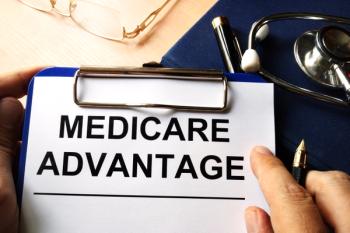
CMS says 26.9 million beneficiaries are expected to enroll in Medicare Advantage plans in 2021.

CMS is taking prior authorization for frequent, non-emergency ambulance transportation nationwide and launching a model that pay ambulance services for taking patients to nonhospital facilities.

Health systems are struggling as a result of the reduced activity of elective procedures, the loss of health coverage for many employees, and the resultant drop in billings. According to this article, there are seven approaches recommended for immediate consideration to increase revenues and stanch losses.

The Trump administration’s attempts at pulling back the curtain have ended up in court.

In this week's episode of Tuning Into The C-Suite, MHE's Briana Contreras spoke with Dr. Peter Alperin, Vice President of Doximity and a physician in private practice in San Francisco. They discussed the recently released 2020 State of Telemedicine Report conducted by Doximity and how it reflects into the adoption of telemedicine among physicians and patients alike, how the report analyzed telemedicine’s usage since COVID-19 and its market potential beyond the pandemic.
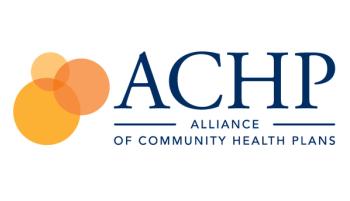

The COVID-19 pandemic has tested every healthcare executive’s ability to adjust — and adjust again. From mid-March through summer and now early fall, the ups and downs of the outbreak have occurred at a furious, unpredictable cadence.
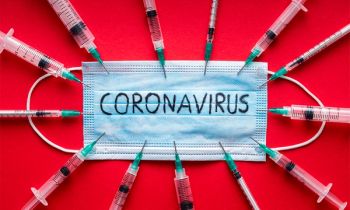
The White House and other partners released the speedy COVID-19 vaccine distribution strategy called Operation Warp Speed.

Some of the top medications were approved this summer, while others are awaiting FDA approval.
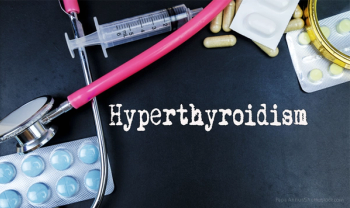
Both recalls are due to sub-potency of drugs that treat hypothyroidism.

CVS Health, Walgreens and Walmart are pushing ahead with ambitious plans for in-store clinics and doctor’s offices.

A study conducted in China during the early weeks of the pandemic found few eyeglass wearers among hospitalized COVID-19 cases.

Researchers identify steep decline in angioplasties at investigated hospitals.
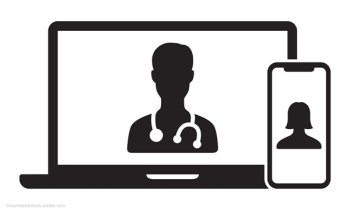
The doctor’s office waiting room is an age-old concept. We have waiting rooms because patients need to arrive early to ensure that the clinic runs on time and at near-full capacity. But clinics rarely run to schedule, so we end up wasting lots of time queuing to see a scarce, expert resource - the doctor.

A look at how technology is making a difference in the delivery of care during the pandemic.

In this part three of three video series, CEO of VirtualHealth, Adam Sabloff, discusses how VirtualHealth has responded to the recent industry shifts caused by COVID-19 and what value-based care will look like in the last days of COVID-19.

In this part two of three video series, CEO of VirtualHealth, Adam Sabloff, discusses the role technology plays in providing a whole-person view as a component in value-based care and how the election will impact the future of this specific type of care.

In this part one of three video series, CEO of VirtualHealth, Adam Sabloff, discusses the birth of the healthcare services institution, what it's offering to the industry and how value-based care, in particular, is transforming especially because of COVID-19.

Editorial piece by Managed Healthcare Executive's Editorial Advisory Board Member, Lili Brillstein. Brillstein is a nationally recognized expert on value-based care and the CEO of BCollaborative, a healthcare consulting company.